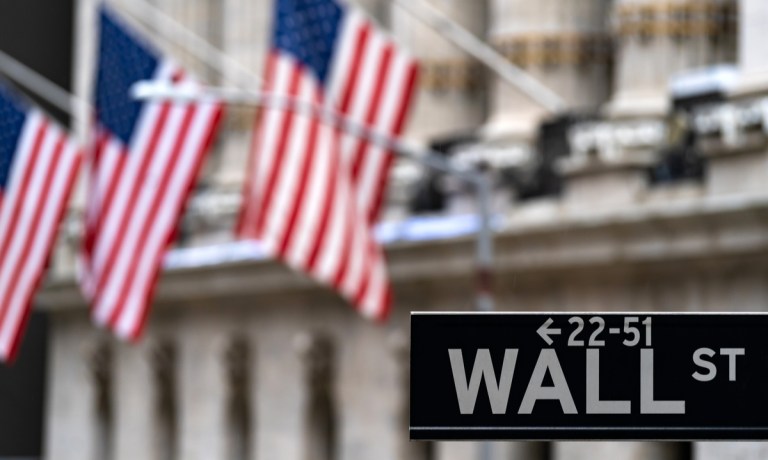Middle East Conflict and Treasury Yields Slow IPO Market Recovery

The initial public offering (IPO) market, which had shown signs of rebounding, is now facing challenges due to factors like the conflict in the Middle East, surging Treasury yields and a fickle market for new issues.
These risks are expected to slow down the already depressed deal flow in the IPO market, due to increased market volatility and reduced investors’ risk tolerance, Bloomberg reported Sunday (Oct. 22).
The lackluster performance of recent IPOs and the decline in new issuances over the past year have further exacerbated skepticism on Wall Street, according to the report.
Only $47.6 billion has been raised in initial public offerings on U.S. exchanges since the beginning of last year, which is less than the total raised in the final two months of 2021, the report said. This collapse in the IPO market has affected companies’ access to capital, leading to job cuts in banks, and limiting the ability of longtime backers to cash in and reinvest funds in other opportunities.
The success of the IPO market is historically driven by strength in equities and demand for riskier assets, per the report. However, the current environment is characterized by fading appetite for risk due to the Federal Reserve’s indication of keeping interest rates elevated and escalating tensions in the Middle East. The potential for a U.S. government shutdown in November further adds to the uncertainty. Lackluster receptions for recent offerings, such as Birkenstock Holding, have also contributed to the mounting reasons for new offerings to remain sparse well into 2024.
Despite the challenges, some companies are still willing to test the current environment, according to the report. Waystar Holding, a healthcare payments software firm, and Hamilton Insurance Group recently submitted IPO filings.
Other closely held firms are exploring alternative options, such as private fundraising rounds, the report said.
To replenish their coffers, public companies are turning to follow-on offerings and convertible debt, per the report. Corporate America and its biggest investors have raised $77 billion from secondary equity sales this year, representing a 50% increase compared to the same period last year. Additionally, U.S. companies have issued $43.3 billion of convertible bonds so far this year, outpacing the volume for the entire year of 2022.
It was reported Oct. 1 that venture capitalists (VCs) are telling startups to put their IPO plans on hold.
Mike Volpi, a general partner at VC firm Index Ventures, told the Financial Times: “In our portfolio, we would advise: unless you really need to, hold back. The market has been rough in the past few weeks. … Unless you need to go out, I’d wait until the second half of next year.”